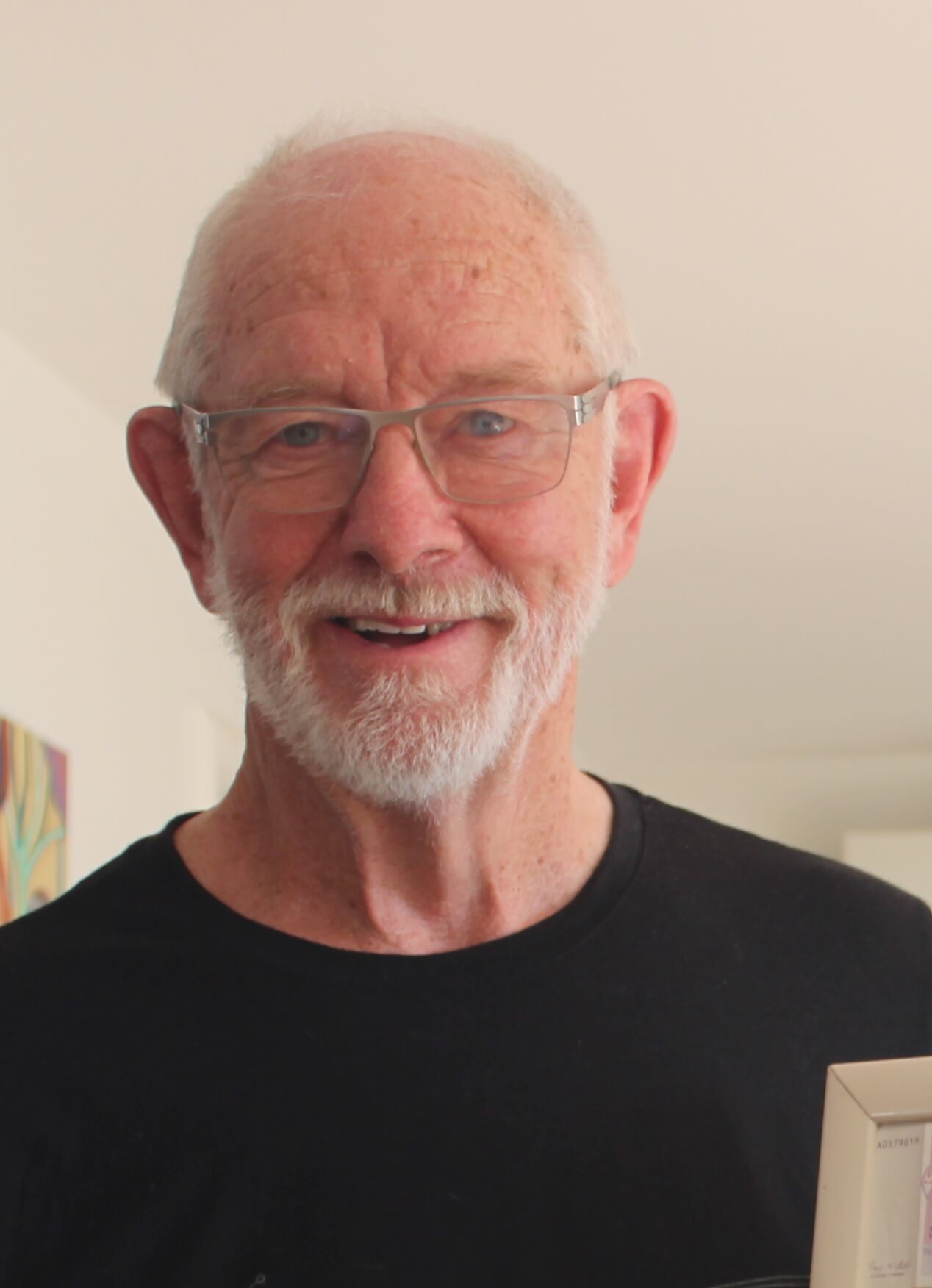
The recent Department of Statistics release of gross domestic product data for the December quarter, 2023, showed that New Zealand is ‘officially’ in recession.
The phrase ‘being in recession’ is applied to a country when its GDP falls for two successive quarters. Most people will not have been surprised by the announcement. The official data lags by almost three months and most people have felt for a while that the country has been in recession.

Peter Nicholl
What is more likely to have surprised people is that according to the data, the recession has so far been a very shallow one. GDP fell by 0.3 per cent in the September quarter and 0.1 per cent in the December quarter. New Zealand’s population grew strongly during this period. This would have added to GDP. When adjusted to a per capita basis, our GDP fell by 0.7 per cent in the December quarter and by nearly 3 per cent over 2023 as a whole. This is a more substantial fall and more realistically measures what people are actually feeling is happening.
The overall figures also mask significant differences between what happened in the private sector and the public sector. Activity in most private sector areas of the economy, such as wholesale and retail trade, manufacturing and transport, fell quite strongly. But activity in the ‘government administration’ category grew by 7 per cent. So if many people in the private sector think activity that affects them has fallen by much more than the statistics department shows, they are right – for them it has.
What does the fact that New Zealand is now in recession mean for monetary and fiscal policy options over the next year or so? Any further raises in the Reserve Bank’s official cash rate should be off the table. But it is less clear when the Official Cash Rate will start to come down. Inflation is falling overseas and the heads of both the United States Federal Reserve and the Bank of England have begun publicly talking about bringing interest rates down. But New Zealand is still seeing some hefty price increases in significant areas like insurance and local body rates.
Given this, New Zealand’s inflation rate is likely to move down towards the target level more slowly than in many other countries. Also, the Reserve Bank now has a single policy objective again – price stability. Given these two things, I would expect the bank to be one of the slowest movers in the downward trend in their policy interest rate.
With regard to fiscal policy, the government is cutting expenditure in order to make space to cut taxes. Their aim is that the two sets of changes should be fiscally neutral. Even if they achieve this, the impacts of these two policies will only have a neutral impact on economic activity in the medium to long term. The downward impacts of the widespread cuts in government spending will hit economic activity almost immediately while the upward impact on spending and activity will occur much more slowly.
Unfortunately, the conclusion I reach is that our recession is going to be with us for a while – longer than for many other countries.

Peter Nicholl with a caricature of him as Bosnian Central Bank governor.








